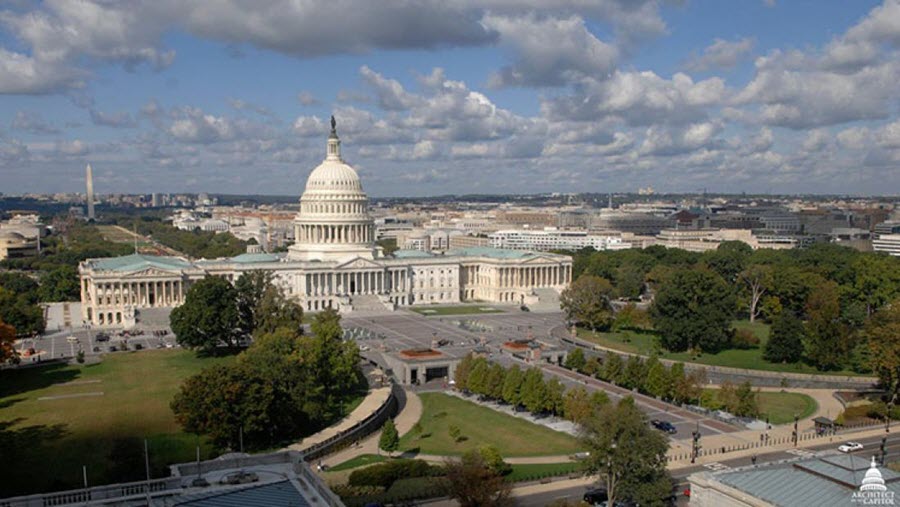Sens. Seek Google Assurances on COVID-19-Related Aggregation

The smarter way to stay on top of the multichannel video marketplace. Sign up below.
You are now subscribed
Your newsletter sign-up was successful
Commerce Committee members Sen. Ed Markey (D-Mass.) and Richard Blumenthal (D-Conn.) are waving caution flags at Google over its Coronavirus Community Mobility Location Data Reports, saying aggregating user geolocation carries with it "myriad risks."
Google is using what it says are aggregated and anonymized user location information data to track population movements related to the pandemic.
In a letter to CEO Sundar Pichai, the senators praised Google for its efforts to combat the pandemic, but cautioned it against undermining user privacy in the process.
"As the United States and countries across the globe combat the ongoing coronavirus pandemic, both the public and private sectors must proactively pursue innovative solutions to this public health crisis," they told Pichai. But added that those solutions "cannot come at the expense of individuals’ personal privacy."
Google has promised not to make available any personally identifiable information and that the reports are of limited duration.
The senators want answers to the following questions:
Complete Coverage: The Coronavirus Pandemic
The smarter way to stay on top of the multichannel video marketplace. Sign up below.
1. "Does Google plan to share with any government entities, researchers, or private sector partners any users’ coronavirus-related personal data or pseudonymous information?
2. "Does Google plan to use datasets other than Location History for its Community Mobility Reports?
3. "What measures has Google undertaken to ensure that the trends detailed in the reports are representative of the entire population of an area, including non-Google users, those without smartphones, or individuals that have opted out of Location History?
4. "Does Google expect that the Community Mobility Reports to be accurate for more rural or less connected communities?
5. "What guidance has Google provided to public health officials about how to interpret the reports, including how Google accounts for common social patterns and categorizes locations?"
Contributing editor John Eggerton has been an editor and/or writer on media regulation, legislation and policy for over four decades, including covering the FCC, FTC, Congress, the major media trade associations, and the federal courts. In addition to Multichannel News and Broadcasting + Cable, his work has appeared in Radio World, TV Technology, TV Fax, This Week in Consumer Electronics, Variety and the Encyclopedia Britannica.

